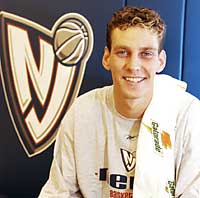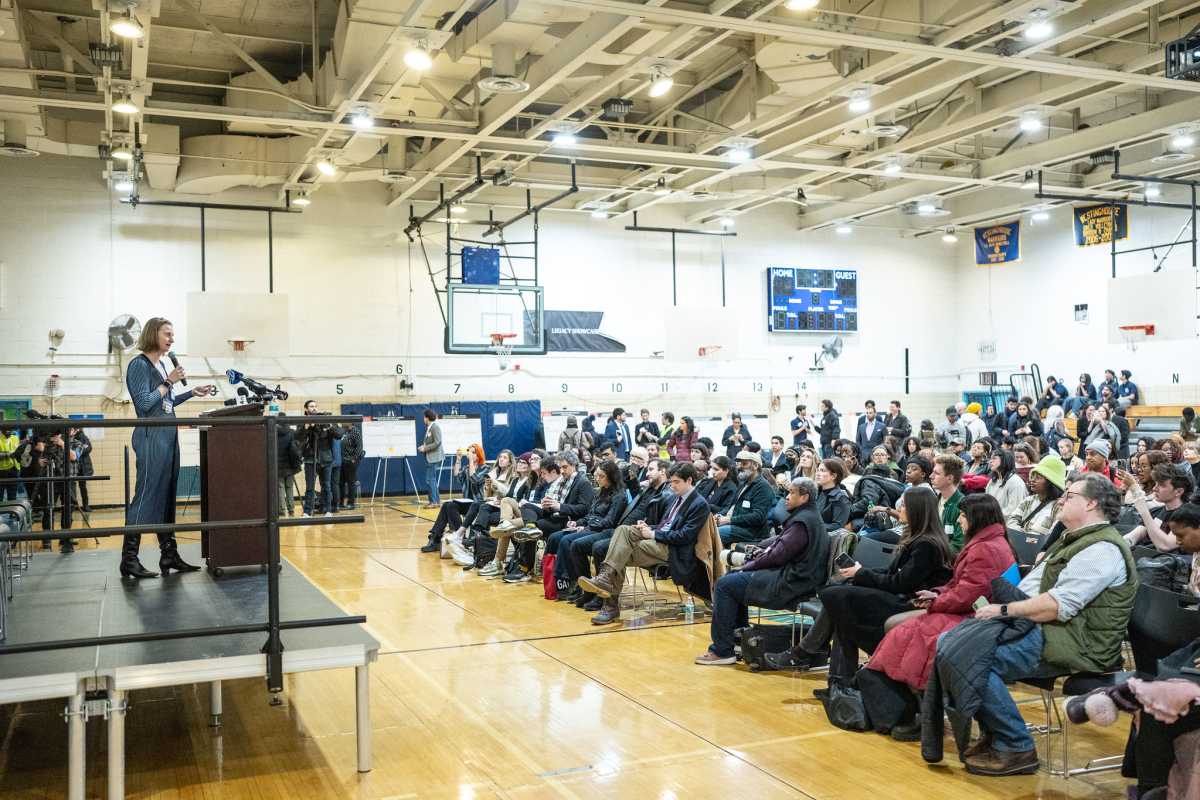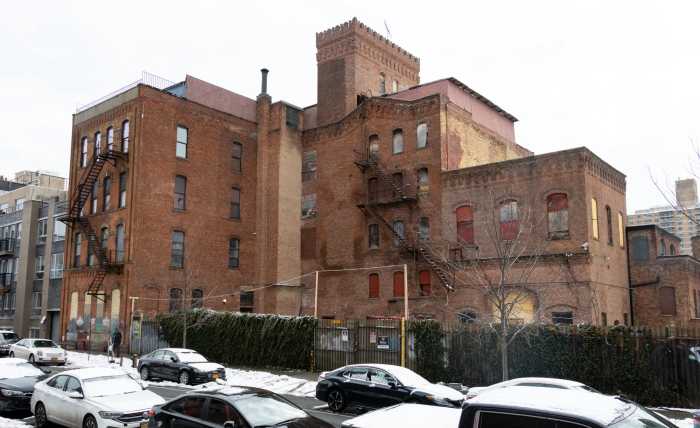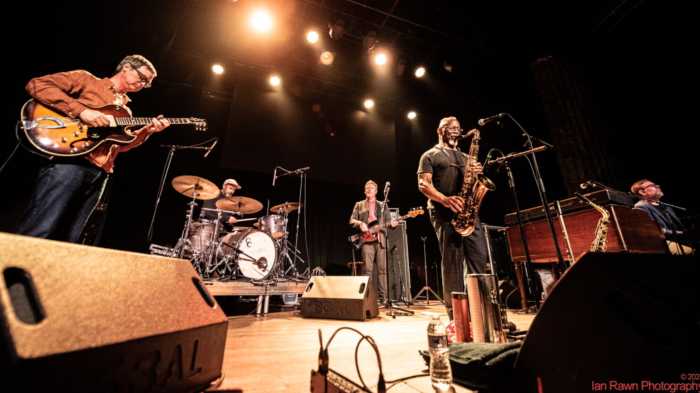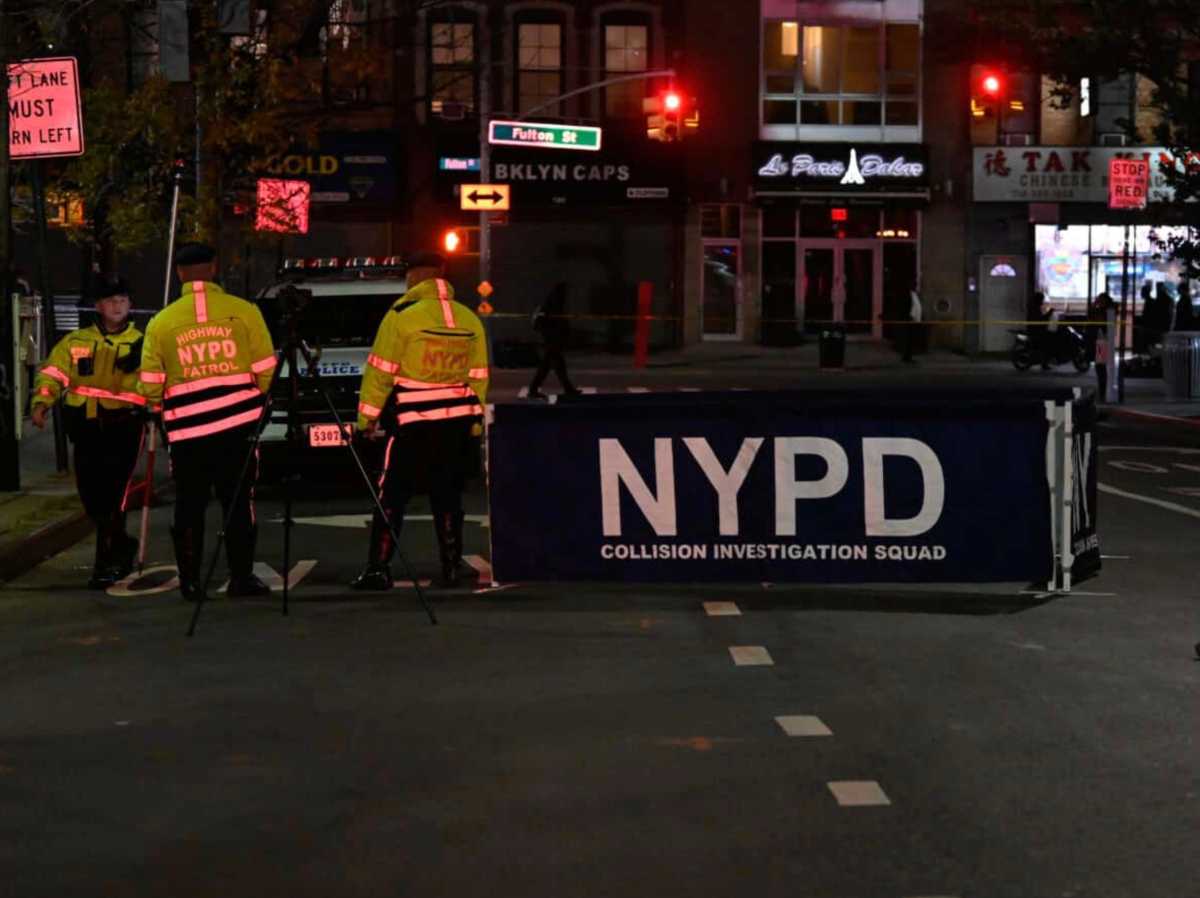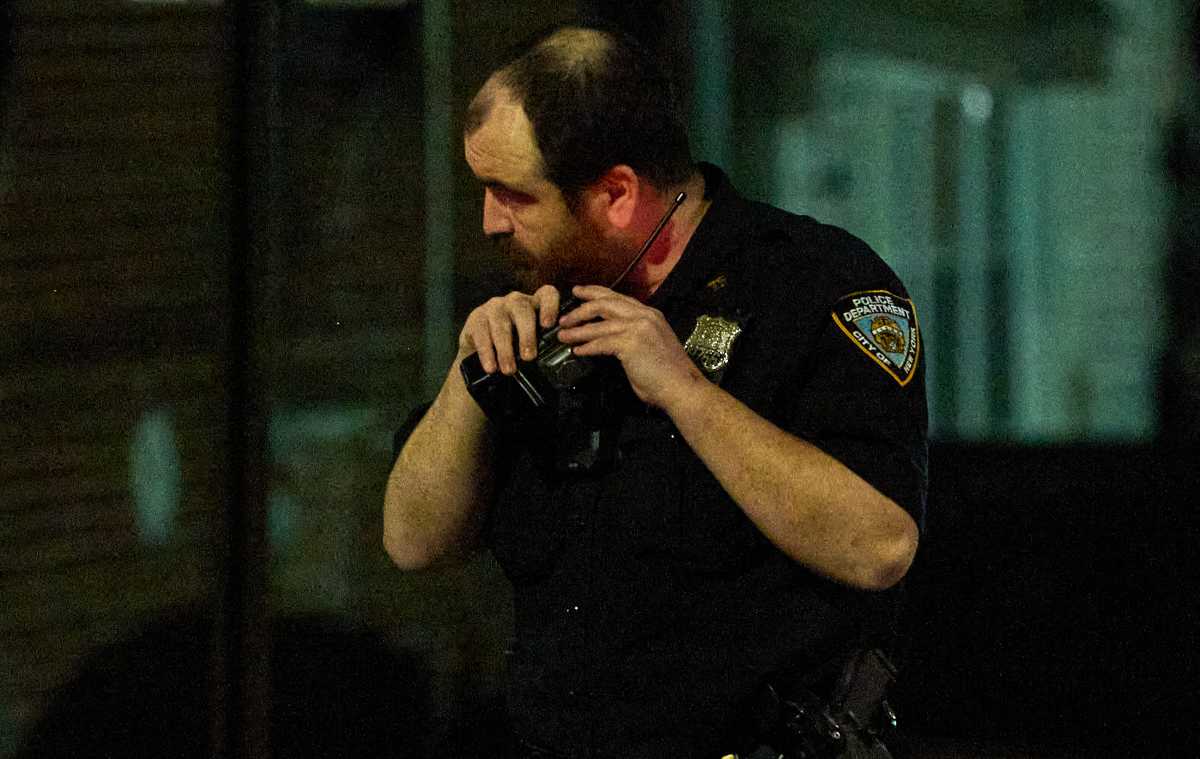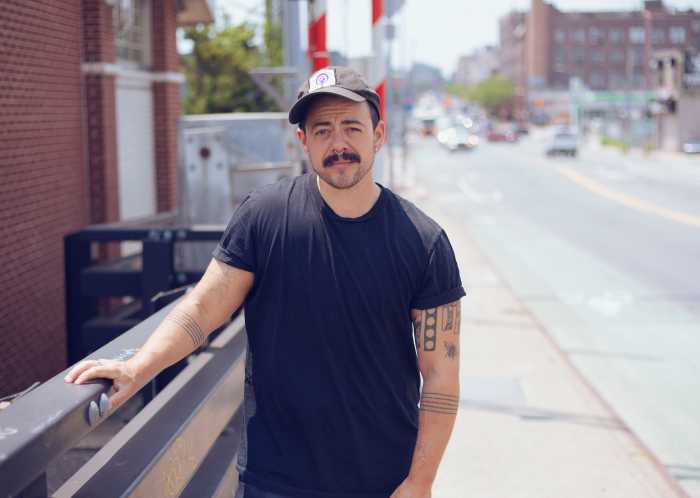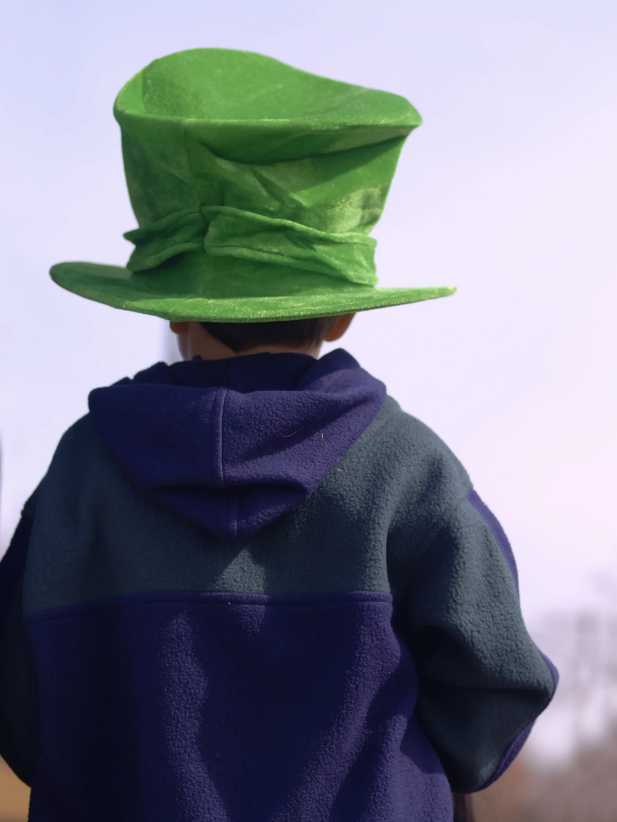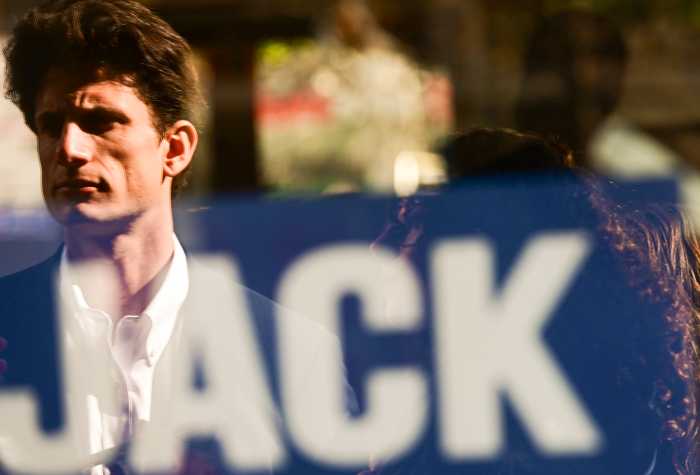Call him the “great Jewish hope.”
Just days after graduating from college, Israeli-born Elad Inbar was strutting
his stuff for the New Jersey Nets in an exclusive tryout.
At 6-foot-7, the Division II player of the year certainly wouldn’t
be the tallest guy in the NBA, but the forward could offer something else
to the team — great public relations.
Real estate mogul Bruce Ratner has agreed to buy the Nets pending NBA
approval, and he plans to move them across two rivers to an expansive
new arena he’d build in Brooklyn, home to some 450,000 Jews.
While as a Division II player Inbar’s chances are somewhat slim,
if successful, he would become the first Israeli-born player in the NBA.
“I would love to play in Brooklyn,” Inbar told The Brooklyn
Papers in a telephone interview after his June 6 tryout in East Rutherford,
N.J. “I know there’s a big Jewish community in Brooklyn and
New York City and if I have to be away from home I would like to be close
to other Jewish people.”
According to the American Jewish Committee, in 2003 there were roughly
1.4 million Jews in the New York metropolitan area. There were just over
5 million Jews in Israel.
Ratner purchased the Nets in January for $300 million and is planning
a $2.5 billion residential, office and retail complex surrounding a 19,000-seat
basketball arena at the intersection of Flatbush and Atlantic avenues.
Asked if he thought being Jewish had anything to do with landing a tryout
with the talented, Brooklyn-bound team, Inbar said, “Maybe a little
bit.”
Billed as a boost to Brooklyn’s self-esteem, Nets backers are also
billing the team as a replacement for the long-gone Brooklyn Dodgers baseball
team who left for California after the 1957 season.
Back then, Dodgers Manager Walter O’Malley called pitching ace Sandy
Koufax “the great Jewish hope.”
And when Koufax refused to pitch the opening game of the 1965 World Series
because it fell on Yom Kippur, one of the holiest days of in Judaism,
Koufax became a different sort of hero to many Brooklyn fans.
But Inbar never missed any of the 127 games of his college career and
says he would not have a problem playing on Friday night or Saturday,
the Jewish Sabbath.
Asked how often the team looks at foreign players, Nets CEO Rod Thorn
said, “We’re just looking for players, where they come from
is immaterial.”
Despite the hype Inbar could bring to Brooklyn, the rarity of a personal
tryout for a Division II player, and the even rarer occurrence of the
press being called to come down to that tryout, a spokesman for Ratner
said Inbar’s religion and ethnicity had nothing to do with the tryout.
“If people in Brooklyn care that he’s Jewish and an Israeli,
that’s great. If not, that’s OK, too. But the Nets invite players
to try out all the time,” said Ratner spokesman Barry Baum. “The
most important thing is their talent.”
Born and raised in the suburbs of Haifa, Inbar moved to the United States
four years ago when he enrolled at the University of Massachusetts at
Lowell where he became the highest scorer in the school’s history
with 2,099 points.
In April, Inbar was named Division II player of the year and received
special honors at a ceremony in Texas. The basketball champ graduated
with a degree in finance and a GPA of 3.49.
While Jewish players in the NBA have been scarce over the past 20 or 30
years, the game’s origins are squarely Jewish, having started in
urban ghettos just before the turn of the 20th century. Most of the founding
players of the game, and many of the game’s early stars were Jewish.
Perhaps one of the greatest Jewish basketball players was Dolph Schayes,
a 12-time NBA all star of the 1950s who was inducted into the Hall of
Fame in 1973.
Asked what it would it be like to have the first Israeli player in league
history playing for the Brooklyn Nets, Borough President Marty Markowitz
trotted out a line that is in contention to become the borough’s
slogan. “It proves,” he said, “that Brooklyn is home to
everyone from everywhere.”
If the Nets don’t sign him, Inbar says he would likely move back
to Israel and play for a team in the Israeli professional league, which
features many international players. Inbar’s father, Zvi, is a former
member of the Israeli national basketball team.
Said Inbar, who was getting set to head back to Israel, “I was hoping
for this to happen, and I am very grateful that I got the chance to workout
with an NBA team.”


